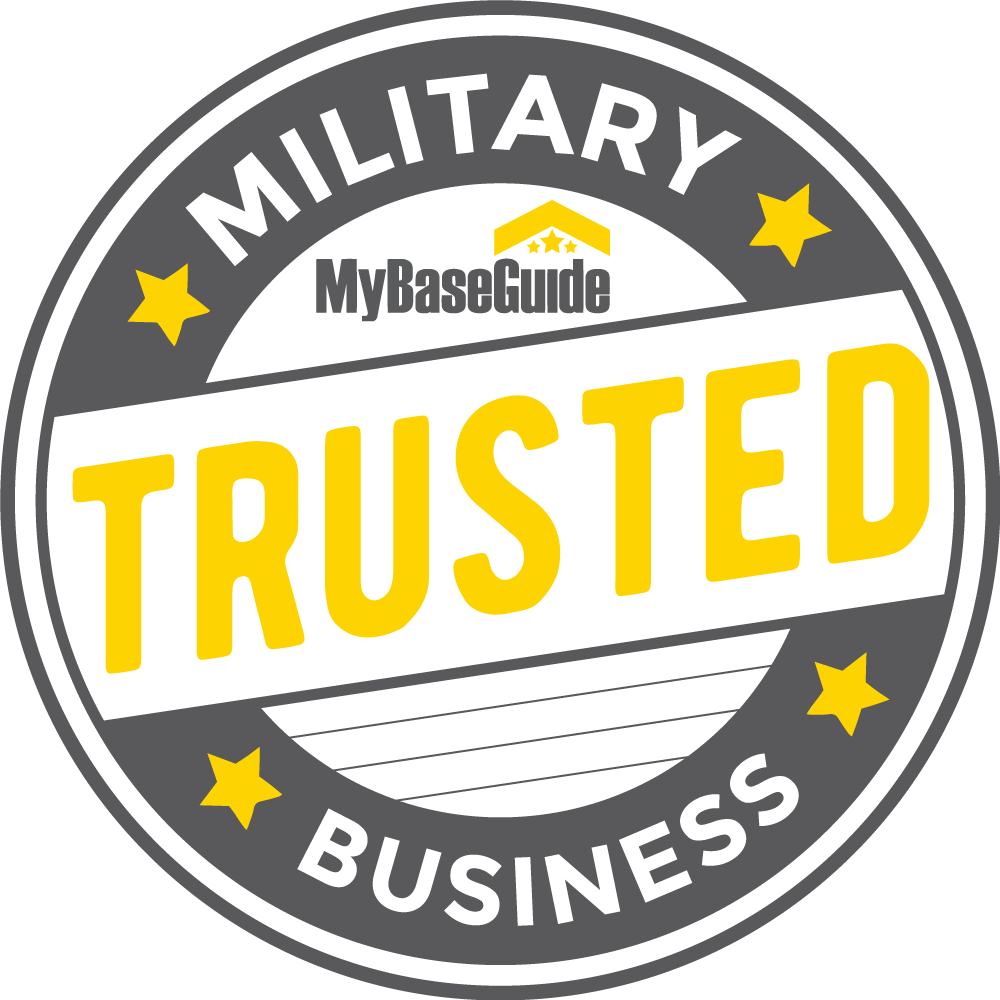
A recent study has brought new findings to veterans suffering from PTSD. The research reveals how specific brain lesions can lead to reduced PTSD symptoms. It offers a fresh way of treatment. This breakthrough could change how we understand and treat PTSD.
It’s especially relevant for those who have endured traumatic brain injuries. With these findings, neuromodulation therapies like TMS may now target specific brain circuits, providing more effective relief for veterans who’ve battled the disorder for years.
What Is PTSD, and How Does It Impact Veterans?
Post-Traumatic Stress Disorder (PTSD) is a serious mental health condition. It occurs after experiencing or witnessing traumatic events. Veterans, especially those exposed to combat, are at a higher risk of developing PTSD. It can develop immediately after a traumatic event or take months, even years, to appear.
How PTSD Impacts Veterans
- Symptoms: PTSD affects veterans in several ways, which usually disrupts their ability to function in daily life. Common symptoms include:
- Flashbacks: Veterans may relive the traumatic event as if it’s happening again. That experience can lead to heightened anxiety and stress.
- Nightmares: Sleep is often disrupted by distressing dreams related to the trauma.
- Hypervigilance: Veterans may feel constantly “on edge.” They expect danger at every turn.
- Emotional numbness: Many struggle to connect emotionally with family and friends, leading to feelings of isolation.
- Prevalence: According to the U.S. Department of Veterans Affairs, about 11-20% of veterans from operations like Iraq (OIF) and Afghanistan (OEF) experience PTSD each year. For those who served in the Gulf War, the rate is around 12%, while Vietnam veterans face a lifetime prevalence of nearly 30%.
- Cognitive Effects: PTSD can impair concentration, memory, and decision-making. This makes it hard for veterans to return to civilian life or hold down a job. The brain’s fear response system, particularly the amygdala and prefrontal cortex, can become overactive. When that happens, it’s tough to process new information or manage fear responses rationally.
- Physical Health: PTSD doesn’t just affect the mind. Veterans with PTSD are at higher risk of chronic physical conditions like cardiovascular disease, gastrointestinal problems, and a weakened immune system. This mind-body connection can create a cycle where stress exacerbates physical symptoms, and vice versa.
- Social Impact: PTSD can also strain relationships. There are times when veterans may try to avoid social situations and experience irritability. Conflicts with family members and friends may arise if this happens. Many veterans report feelings of guilt. They believe they should have done more during their service or blamed themselves for the trauma they experienced.
Why Are Neuromodulation Treatments Important for PTSD?
Neuromodulation treatments like Transcranial Magnetic Stimulation (TMS) and Deep Brain Stimulation (DBS) are showing promise for treating PTSD. These therapies go straight to the neurological root of the disorder. They work to alter brain activity related to fear, anxiety, and emotional regulation. Veterans with PTSD who haven’t found relief from traditional treatments may finally see improvements.
Understanding Neuromodulation’s Role
- Targets Brain Circuits: Neuromodulation techniques target these circuits directly. They help recalibrate brain activity and restore balance. Working at the neurological level offers relief when standard therapies fall short.
- Non-invasive: One of the major advantages of treatments like TMS is that they are non-invasive. Neuromodulation doesn’t require surgery or long-term pharmaceutical use. It applies electromagnetic pulses to the scalp, stimulating nerve cells in targeted brain regions.
- Effective for Treatment-Resistant PTSD: Studies show that patients who undergo TMS experience significant improvements in PTSD symptoms. This makes it a valuable alternative for those who have not seen success with medication or psychotherapy alone.
- Fewer Side Effects: Neuromodulation treatments have fewer side effects than traditional therapies like medications. Some patients report mild headaches or scalp discomfort after TMS sessions. Thankfully, these effects are usually temporary. The lack of serious side effects makes neuromodulation more appealing.
What Does the New Study Reveal About Brain Lesions and PTSD?
A groundbreaking study published in PubMed looks into the connection between brain lesions and PTSD in military veterans. It reveals a potentially transformative neuromodulation target for treating PTSD.
The study examines how brain lesions and changes in brain connectivity impact PTSD symptoms. These findings offer new insights into more effective treatments for veterans who have experienced trauma.
Key Findings of the Study
- Lesion-Based PTSD Circuit: The study focused on veterans with penetrating traumatic brain injuries (n=193) and found that certain brain lesions were associated with a reduced probability of developing PTSD. The lesions were preferentially connected to a specific brain circuit involving the medial prefrontal cortex (mPFC), amygdala, and anterolateral temporal lobe. These brain regions are known to regulate emotions, fear responses, and executive function, all of which are disrupted in PTSD.
- Connectivity in Non-Lesion Veterans: In another group of veterans without brain lesions (n=180), PTSD was found to be specifically associated with abnormal connectivity within the same brain circuit. This suggests that even without physical brain injury, disruptions in how these regions communicate can lead to PTSD symptoms. This connectivity pattern could be used as a neuromodulation target, particularly in veterans whose PTSD has been resistant to traditional treatments like medication or psychotherapy.
- TMS and PTSD Symptom Improvement: One of the most compelling findings shows how Transcranial Magnetic Stimulation (TMS) alters connectivity within this brain circuit. TMS wasn’t originally aimed at this specific circuit, but changes in its connectivity led to significant improvements in PTSD symptoms. A group of veterans (n=20) who received TMS experienced noticeable symptom relief. This emphasizes the powerful potential of targeting this brain circuit for neuromodulation.
Direct Targeting with fMRI-Guided TMS
The study explored fMRI-guided TMS, using real-time brain imaging to direct magnetic stimulation with greater precision. In one remarkable case, a veteran with lifelong severe PTSD saw rapid symptom relief. The treatment targeted the lesion-based PTSD circuit directly.
What makes this so significant is that it shows even long-term PTSD may respond to targeted neuromodulation. It’s a powerful finding with the potential to change how we approach PTSD treatment.
Why This Matters for PTSD Treatment
Veterans with PTSD who have brain lesions or abnormal connectivity could see real benefits from therapies designed for their specific brain circuitry. A personalized approach like this can help those who haven’t responded to other treatments. It’s a chance to improve outcomes and give these veterans the relief they deserve.
In addition, the study focused on veterans with PTSD, but the findings could impact other mental health conditions like anxiety and depression. These conditions involve the same brain circuits, making the research valuable beyond PTSD. Continuing to study these connections could help refine neuromodulation treatments for many different disorders.
How Can You Get Started with TMS Treatment?
Getting started with TMS treatment is simple. The team at the TMS Institute of Arizona is here to help with therapies like accelerated TMS, rTMS, iTBS, and MeRT, designed to treat PTSD and other mental health conditions. We’re ready to guide you if you’re looking for a new, effective approach. Reach out anytime — we’re happy to answer your questions and support you. Just send us a message.
References
Siddiqi, S. H., Philip, N. S., Palm, S., Carreon, D. M., Arulpragasam, A., Barredo, J., Bouchard, H., Ferguson, M. A., Grafman, J. H., Morey, R. A., & Fox, M. D. (2024). A potential neuromodulation target for PTSD in Veterans derived from focal brain lesions. Research Square (Research Square). https://doi.org/10.21203/rs.3.rs-3132332/v1
Vets, non-vets work together to understand PTSD. (2022, November 10). NSF – National Science Foundation. https://new.nsf.gov/science-matters/vets-non-vets-work-together-understand-ptsd
Law, B. (2022, October 19). Berry Law Firm. Berry Law. https://ptsdlawyers.com/ptsd-in-gulf-war-veterans/













